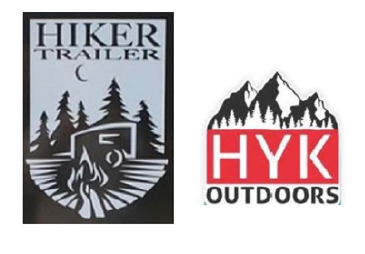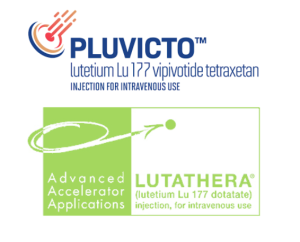Hiker Industries, LLC (“Hiker”) has filed a lawsuit against Hyk Outdoors LLC (“Hyk”), alleging trademark infringement and unfair competition under both federal and state laws. The complaint focuses on the use of marks by Hyk that Hiker claims are confusingly similar to its own registered trademarks. Hiker has been in the business of designing and manufacturing customizable trailers for over a decade, earning a reputation for quality and durability. Hiker contends that Hyk’s use of the marks “HYK OUTDOORS” and “HYK DESIGN” has led to consumer confusion, with potential customers mistakenly associating Hyk’s products with Hiker.
The lawsuit asserts that Hyk, which began using its marks in 2020, is unfairly capitalizing on the reputation that Hiker has built with its own trademarks, specifically the “HIKER TRAILER” and “HIKER DESIGN” marks. According to Hiker, its years of investment in the trailer business have led to the development of a strong brand identity, which is at risk due to the similarities between the two sets of marks. Hiker claims that this confusion has resulted in lost sales and damage to its reputation, as consumers may believe that Hyk’s products are affiliated with Hiker.
“HIKER DESIGN” marks. According to Hiker, its years of investment in the trailer business have led to the development of a strong brand identity, which is at risk due to the similarities between the two sets of marks. Hiker claims that this confusion has resulted in lost sales and damage to its reputation, as consumers may believe that Hyk’s products are affiliated with Hiker.
Hiker is the registered owner of the “HIKER TRAILER” and “HIKER DESIGN” marks, which are used in connection with trailers and related goods. These marks have been featured in advertising, on product labels, and on apparel, contributing to Hiker’s brand recognition. Hyk, a company formed in 2019, began using its similar marks more than a decade after Hiker had first established its own. Despite this timeline, Hiker claims that the use of these similar marks by Hyk has caused confusion in the marketplace, leading to harm for Hiker’s business.









